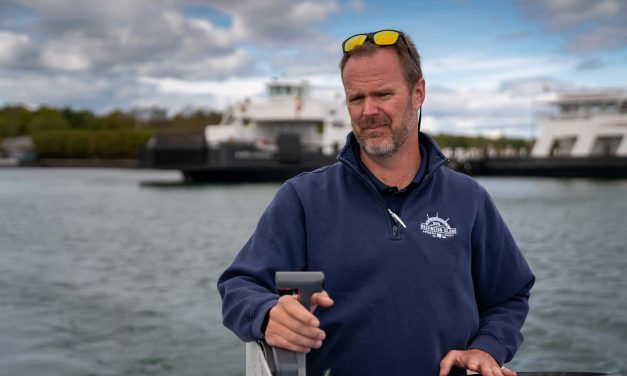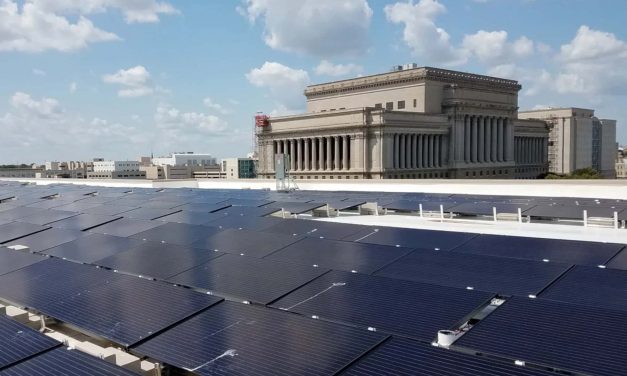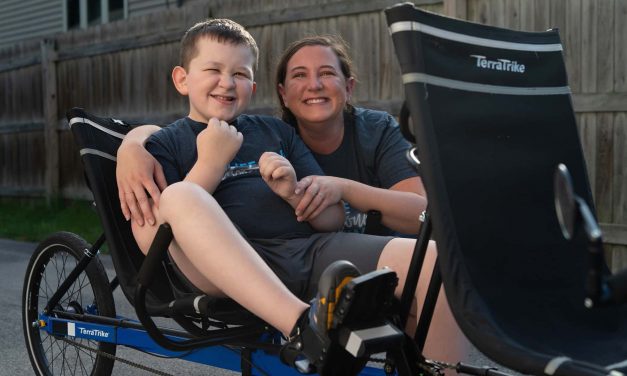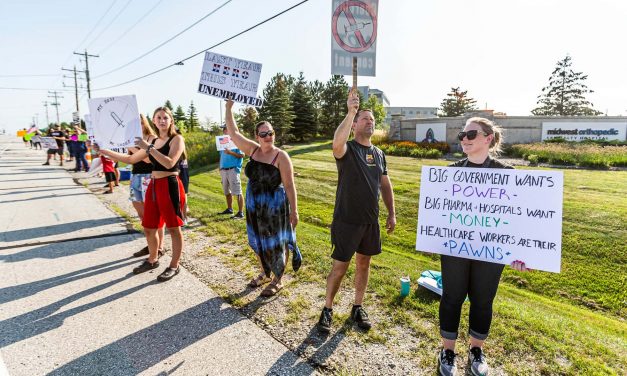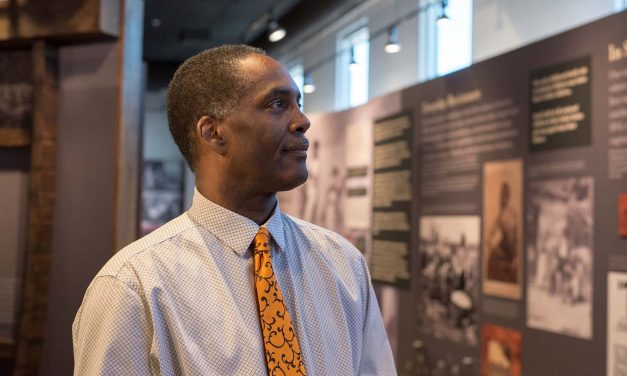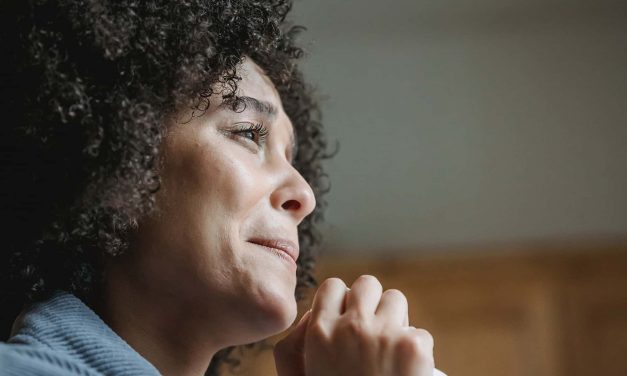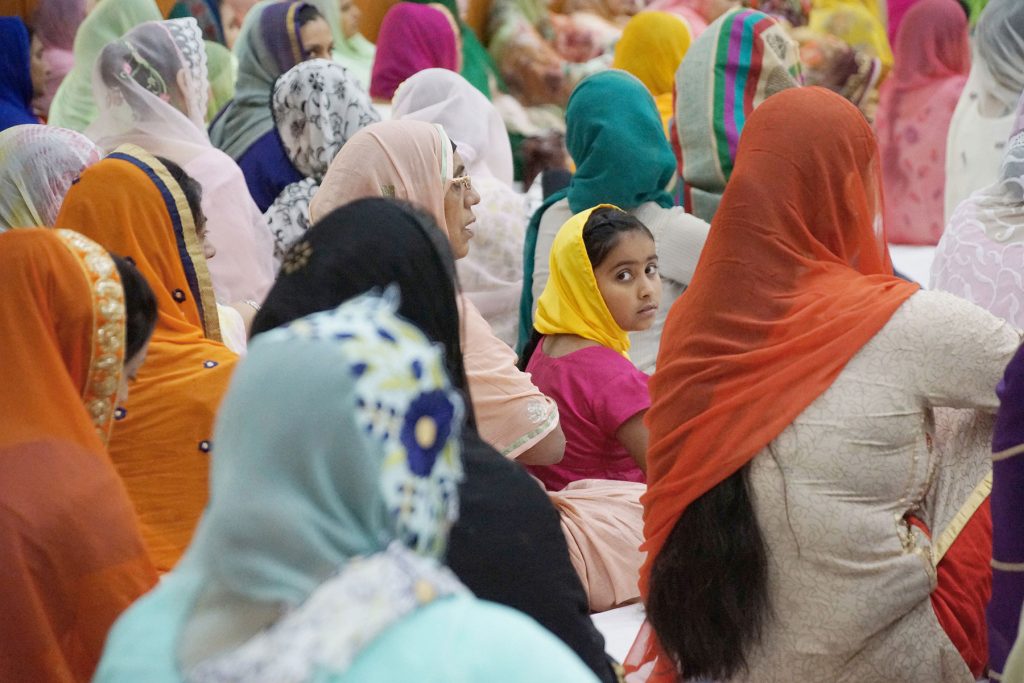A climate tug of war: Wisconsin communities expect to spend millions to protect Lake Michigan shorelines
Wisconsin’s Great Lakes communities expect to spend more than $245 million in five years to protect shorelines as a climate ‘tug of war’ drives extreme shifts in water levels. Mike Kahr, an engineer and owner of Death’s Door Marine, has watched Lake Michigan’s water levels fluctuate during his 40-plus year career. But even the veteran engineer hasn’t seen the lake’s water levels swing from low to high quite this rapidly. Eight years ago, Kahr and his crew stayed busy dredging sand from the lake bottom so boats carrying passengers or heavy cargo could reach port. But as water levels...
Read More
